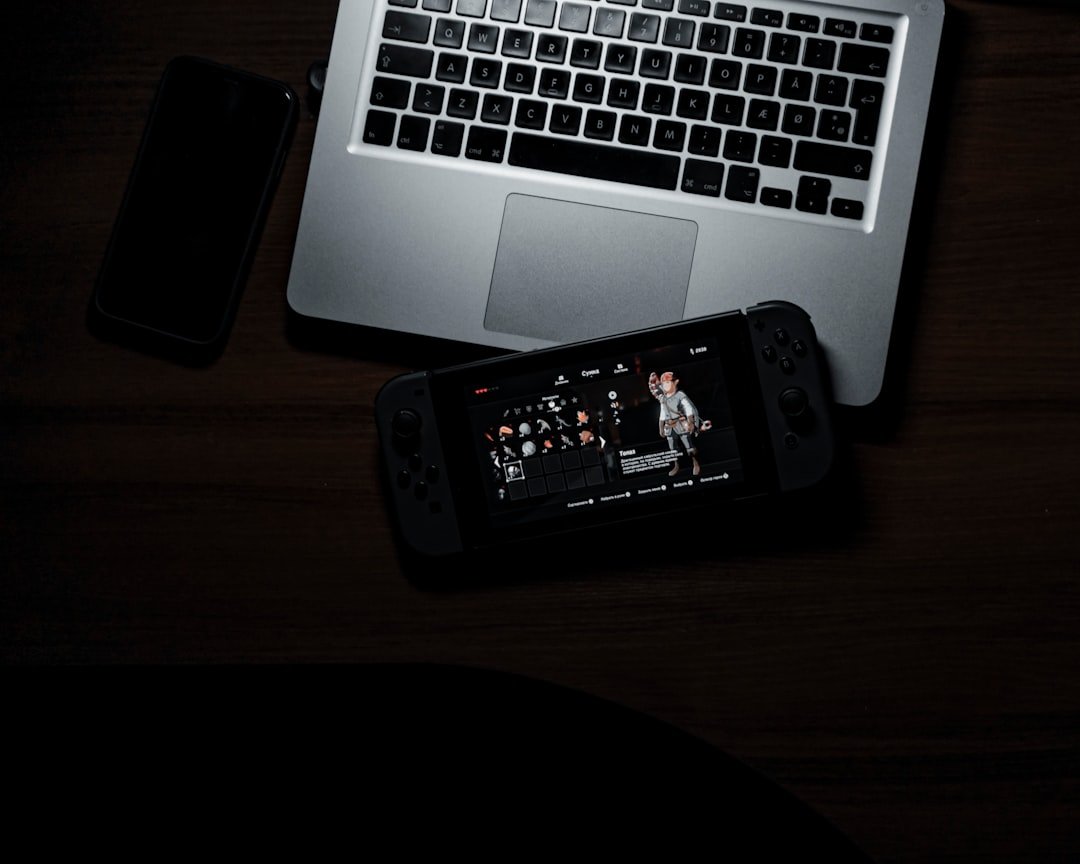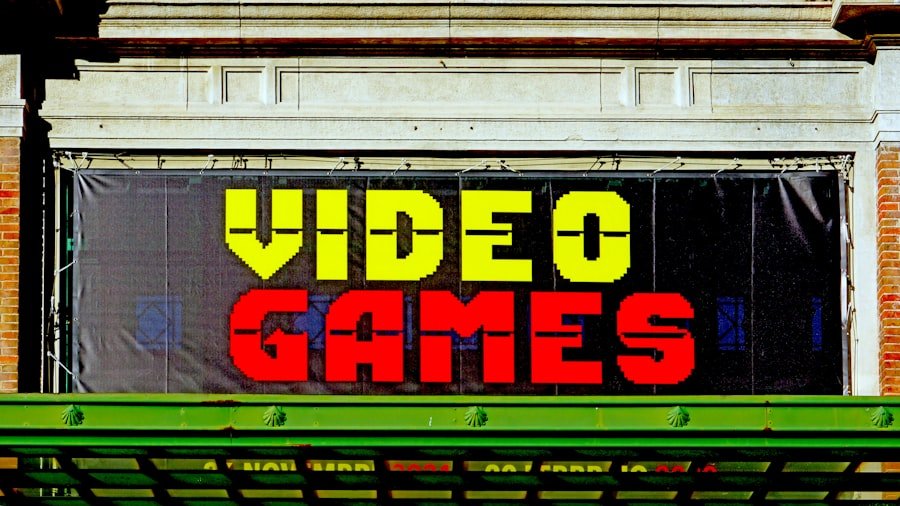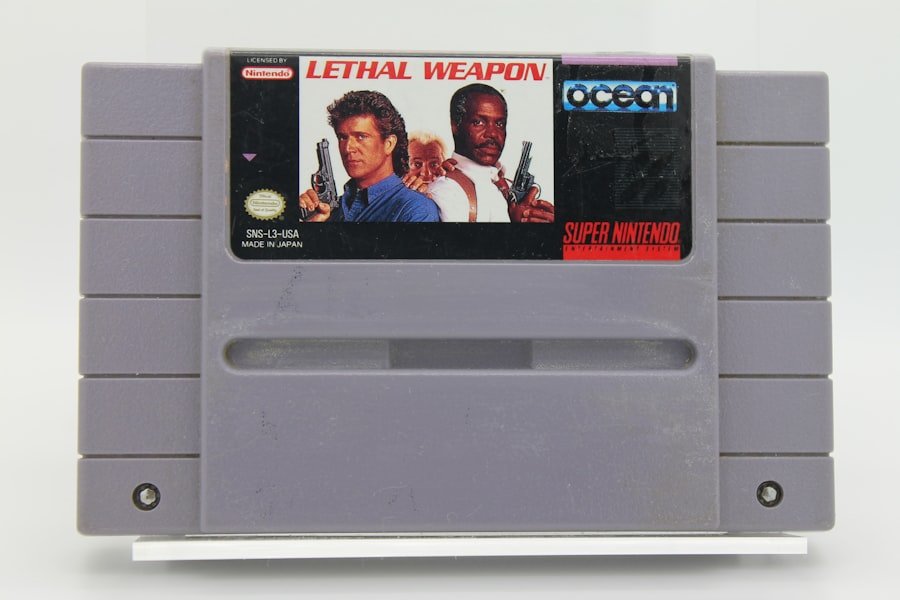Now Reading: Harmonious Influence: Music’s Impact on Gameplay Choices
-
01
Harmonious Influence: Music’s Impact on Gameplay Choices
Harmonious Influence: Music’s Impact on Gameplay Choices

As a passionate gamer, I have often found myself reflecting on the profound impact that music has on my gaming experiences. The melodies and rhythms that accompany my adventures in virtual worlds do more than just fill the silence; they shape my decisions, enhance my emotional responses, and even influence the strategies I employ. Music in gaming is not merely an afterthought; it is a powerful tool that developers wield to create immersive experiences and guide player behavior.
From the triumphant orchestral scores of epic battles to the haunting melodies of exploration, the right music can elevate gameplay to new heights. In my own experiences, I have noticed how specific soundtracks can evoke memories of particular games or moments. The stirring themes of a beloved franchise can instantly transport me back to the first time I played it, reminding me of the choices I made and the emotions I felt.
This connection between music and gameplay choices is a fascinating area of study, as it reveals how sound can influence not just the atmosphere of a game, but also the very decisions I make as a player. As I delve deeper into this topic, I am eager to explore the psychological underpinnings of music in gaming and how it shapes my experiences.
Key Takeaways
- Music in gaming can significantly impact player emotions, immersion, engagement, and decision-making.
- The psychology of music in gaming shows that it can influence player emotions and gameplay choices.
- Music sets the tone for gameplay by creating atmosphere and enhancing the overall gaming experience.
- Different genres of music can have varying impacts on gameplay, shaping player strategies and tactics.
- The future of music’s influence on gameplay choices holds potential for even more immersive and engaging gaming experiences.
The Psychology of Music in Gaming
The psychology behind music’s influence on gameplay is a rich field that intertwines cognitive science with artistic expression. When I hear a particular score, my brain responds in ways that can enhance my focus or evoke specific emotions. Research has shown that music can trigger emotional responses by activating certain areas of the brain associated with memory and feelings.
This means that when I hear a triumphant theme during a critical moment in a game, it not only heightens my excitement but also reinforces my desire to succeed. Moreover, the tempo and style of music can significantly affect my gameplay choices. Fast-paced music often energizes me, pushing me to make quicker decisions and take risks, while slower, more contemplative pieces encourage me to think strategically and plan my next move.
This psychological interplay between music and gameplay is not just a coincidence; it is a deliberate design choice made by developers who understand how sound can manipulate player behavior. As I navigate through different gaming experiences, I become increasingly aware of how these psychological principles are at play, shaping my actions and reactions in real-time.
How Music Sets the Tone for Gameplay

Music serves as a crucial element in establishing the tone of a game, creating an atmosphere that can either draw me in or push me away. The opening theme of a game often sets the stage for what lies ahead, signaling whether I am about to embark on a lighthearted adventure or a dark, foreboding journey. For instance, when I start a whimsical platformer filled with colorful characters and cheerful melodies, I immediately feel a sense of joy and excitement.
Conversely, if I begin a horror game with eerie soundscapes and dissonant chords, I am instantly on edge, preparing myself for the unknown. The way music interacts with visual elements also plays a significant role in shaping my perception of gameplay. A beautifully composed score can enhance the emotional weight of a scene, making me feel more connected to the characters and their struggles.
When I hear a poignant melody accompanying a character’s moment of loss or triumph, it deepens my investment in their journey. This synergy between music and visuals creates a holistic experience that resonates with me long after I have put down the controller.
The Influence of Music on Player Emotions
Emotions are at the heart of every gaming experience, and music is one of the most effective tools for eliciting them. As I immerse myself in a game, the soundtrack often acts as an emotional guide, leading me through moments of joy, tension, fear, and triumph. For example, during an intense boss battle, the adrenaline-pumping score heightens my heart rate and fuels my determination to overcome the challenge.
In contrast, during quieter moments of exploration or reflection, softer melodies allow me to absorb the story and connect with the world around me. The ability of music to evoke emotions is not limited to specific genres or styles; rather, it is about how well the music aligns with the game’s narrative and themes. When I encounter a heart-wrenching moment accompanied by a beautifully composed piece, it resonates deeply within me, making the experience all the more memorable.
This emotional connection is what keeps me coming back to certain games time and again, as I seek to relive those powerful moments that music has helped create.
Music’s Role in Immersion and Engagement
Immersion is a key aspect of gaming that allows me to lose myself in another world, and music plays an essential role in achieving this state. When I am fully engaged in a game, the soundtrack becomes an integral part of my experience, seamlessly blending with the gameplay to create a cohesive whole. The right music can transport me to fantastical realms or gritty battlefields, enhancing my sense of presence within the game.
As I navigate through different environments, dynamic soundtracks that respond to my actions further deepen my immersion. For instance, when I enter a tense situation where danger lurks around every corner, the music shifts to reflect that urgency, heightening my awareness and drawing me further into the experience. This level of engagement is what makes gaming such a unique form of entertainment; it allows me to interact with stories in ways that other mediums cannot replicate.
The Connection Between Music and Player Decision-Making

The connection between music and decision-making in gaming is an intriguing aspect that often goes unnoticed. As I play, the soundtrack can subtly influence my choices without me even realizing it. For example, when faced with a moral dilemma or critical decision point in a narrative-driven game, the accompanying music can sway my feelings toward one option or another.
A hopeful melody might encourage me to choose compassion over ruthlessness, while ominous tones could lead me to take a more aggressive approach. This influence extends beyond narrative choices; it also affects gameplay mechanics and strategies. When I hear an upbeat tempo during fast-paced action sequences, I am more likely to adopt an aggressive playstyle, taking risks and pushing forward.
Conversely, if the music shifts to something more subdued during exploration phases, I find myself slowing down and taking time to appreciate the environment or gather resources. This dynamic relationship between music and decision-making highlights how developers can craft experiences that resonate with players on multiple levels.
Examples of Games with Effective Use of Music to Influence Gameplay Choices
Throughout my gaming journey, there have been numerous titles that exemplify the effective use of music to influence gameplay choices. One standout example is “The Legend of Zelda: Ocarina of Time.” The game’s iconic score not only enhances its epic narrative but also serves as a gameplay mechanic itself. By playing different songs on the ocarina, I can manipulate time, summon rain, or even change day into night—each musical choice directly impacting my journey through Hyrule.
Another remarkable example is “Journey,” where the ethereal soundtrack evolves based on my actions within the game. The music swells during moments of triumph or danger, guiding my emotional responses as I traverse vast landscapes. The seamless integration of sound and gameplay creates an experience that feels both personal and universal, allowing me to connect deeply with both the game and its themes.
The Impact of Different Genres of Music on Gameplay
The genre of music used in games can significantly impact how I perceive and engage with gameplay. For instance, orchestral scores often evoke grandiosity and adventure, making them ideal for epic fantasy titles like “Final Fantasy” or “The Elder Scrolls.” These sweeping compositions enhance my sense of scale and wonder as I explore vast worlds filled with rich lore. On the other hand, electronic or synth-heavy soundtracks are often found in indie games or futuristic settings.
Titles like “Hyper Light Drifter” utilize these genres to create an atmosphere that feels both modern and nostalgic. The pulsating beats energize my gameplay experience while immersing me in unique environments that challenge traditional gaming conventions. Each genre brings its own flavor to gameplay choices, shaping how I interact with different worlds.
How Soundtracks Can Shape Player Strategies and Tactics
Soundtracks do more than just enhance atmosphere; they can also shape my strategies and tactics within games. In competitive multiplayer titles like “Overwatch,” for example, the fast-paced music during matches heightens tension and urgency, prompting me to make quick decisions about positioning and teamwork. The rhythm of the soundtrack often mirrors the ebb and flow of gameplay, encouraging me to adapt my strategies based on auditory cues.
In contrast, games like “Dark Souls” utilize haunting melodies during boss encounters to create an atmosphere of dread while simultaneously pushing me to develop precise tactics for victory. The combination of challenging gameplay and evocative soundtracks forces me to think critically about each encounter while remaining attuned to the emotional weight carried by the music. This interplay between soundtracks and strategy adds layers of depth to my gaming experience.
The Future of Music’s Influence on Gameplay Choices
As technology continues to evolve, so too does the potential for music’s influence on gameplay choices. With advancements in artificial intelligence and adaptive soundscapes, future games may offer even more personalized musical experiences tailored to individual players’ preferences and actions. Imagine a game where the soundtrack dynamically shifts based on my emotional state or gameplay style—this could create an unprecedented level of immersion.
Moreover, as virtual reality becomes more prevalent in gaming, the role of music will likely expand even further. Spatial audio technology could allow for 360-degree soundscapes that respond to my movements within virtual environments, enhancing both immersion and emotional engagement. The possibilities are exciting as developers explore new ways to harness music’s power in shaping gameplay choices.
Harnessing the Power of Music in Gaming
In conclusion, my exploration into music’s impact on gameplay choices has revealed its profound significance within the gaming landscape. From setting the tone for immersive experiences to influencing player emotions and decision-making processes, music serves as an essential component that enhances every aspect of gaming. As I reflect on my own experiences as a player, it becomes clear that soundtracks are not merely background noise; they are integral to crafting memorable moments that resonate long after I’ve finished playing.
As we look toward the future of gaming, it is crucial for developers to continue harnessing the power of music as they create new worlds for us to explore. By understanding how sound influences our experiences—emotionally and strategically—game designers can craft richer narratives that engage players on multiple levels. Ultimately, it is this synergy between music and gameplay that will continue to shape our experiences as gamers for years to come.
In a recent article on the psychology of game achievements, researchers delve into the reasons why players are so drawn to collecting trophies and completing in-game challenges. This ties in closely with the concept of using music to guide gameplay choices, as both elements contribute to the overall gaming experience and player engagement. By understanding the psychological motivations behind these aspects of gaming, developers can create more immersive and rewarding gameplay experiences for their audience.



























